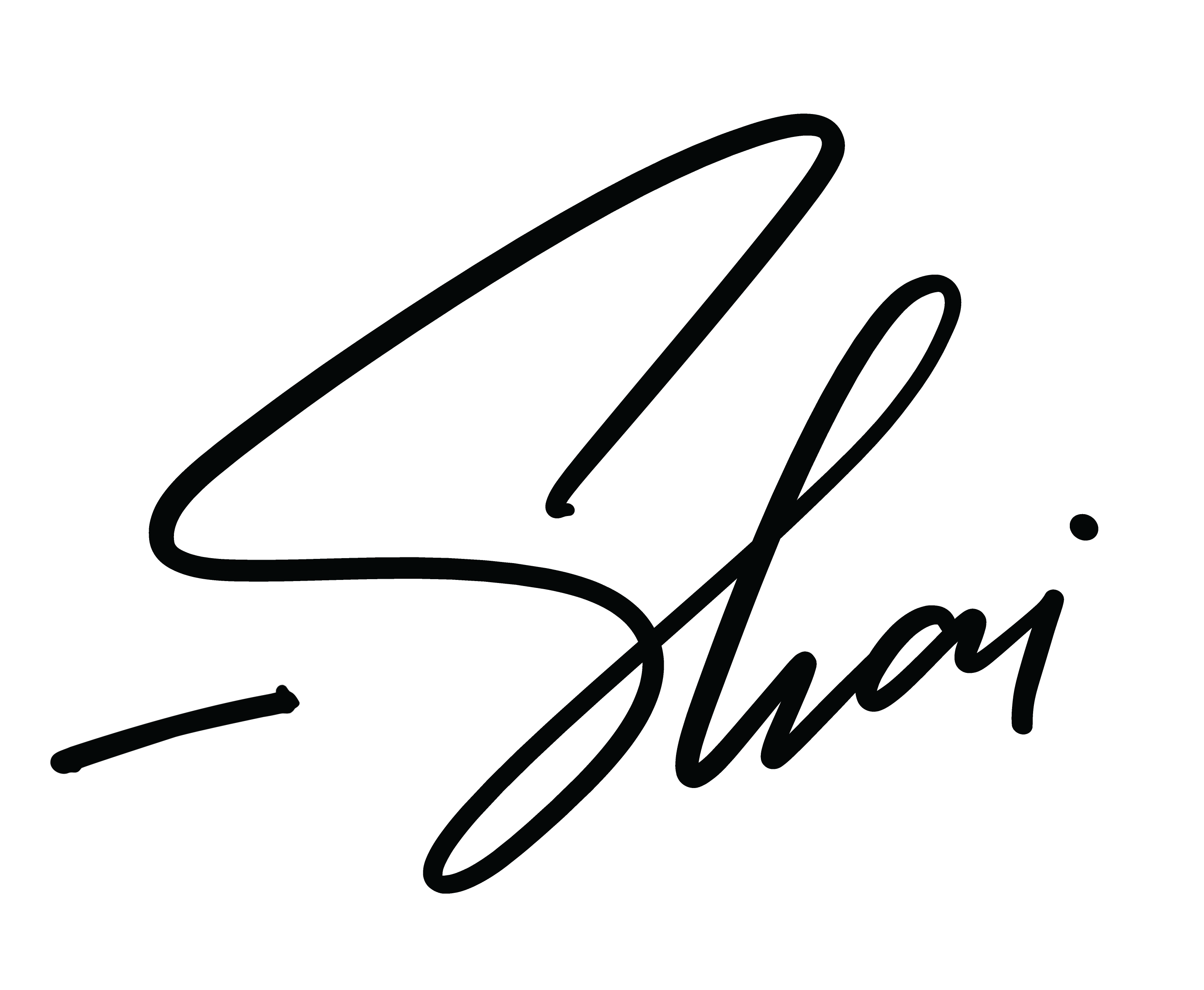https://twitter.com/AnneSelke/status/1427356630010802183 https://twitter.com/shaisc/status/1427394672285175809
Integrating body / present-moment awareness into your pomodoros…
Permission to become present
At the end of a meditation on the Headspace meditation app they often suggest finding a few times throughout your day where you notice you’re not present and bringing yourself back by noticing your breathing, or taking deep breaths, or doing a quick visualisation, becoming aware of the body, or whatever else the theme of that meditation was.
Anne-Lorraine’s suggestion here is similar, but takes it one step further, essentially saying that any time you realise you’re not present during your pomodoro, you stop your work altogether. Your new activity is simply to reground.
The grounding exercise replaces the work.
For me this is a subtle but key distinction, because when you just spend a few seconds on the regrounding exercise it’s so easy for that to become a means to an end. I just need to do a few breaths so that I can get back to doing my work again. You’re wanting to get back to the task at hand (albeit more present-moment-aware) as quickly as possible.
How ironic that the act of bringing yourself into the present moment becomes an activity your mind tries to escape from!
Making the grounding a part of the pomodoro exercise stops it from being a rushed activity and turns the grounding actually into something quite momentous.
It gives you permission to be fully present with the regrounding—the experience of becoming present—in itself.
Variations
Inner-body awareness is wonderful.
But it did take me a long time before I was able to do it. And it’s easy to get frustrated in the process.
Alternatives that might work just as well include becoming aware of your breathing… or of what one or all of your senses can sense… the feel of the keys on the keyboard against your fingertips… anything that makes you aware of what’s happening right now, rather than being swept away by the multitude of thoughts and emotions and stories about the work you’re doing.
The neuroscience
Really what you’re doing is bringing your brain out of the Default Mode Network (DMN) and back into the Task Positive Network (TPN). Also known as flow state, being ‘in the zone’, ‘sati’, ‘System 1’…
Again, we’re giving ourselves permission and time to fully return to that mode of being. Saying, essentially, to the best of my ability I am not going to do my work while not in that mode.
Work or life?
Of course you could decide to play this same game in all aspects of your life, not only work. But I think work is a great and practical place to start if you’re in the privileged position of being able to pause your work from time to time (for a greater good!)
Why did the mind wander to begin with? What is it running from?
I believe the shift in mode away from the present moment is often triggered by some kind of discomfort relating to what you’re doing. Some kind of story in your mind—whether it’s conscious or subconscious—that’s making you resist staying in the moment with your work. And that might be fear of whether it’s good enough, it might be stresses about how much you have to get done, or whether it’s going to be successful, or whatever else.
Who is really doing the work?
For me one great way to overcome that, and to be able to stay present for longer once you become present, is to reframe where the work—the creativity—is really coming from.
If we treat it as being something our mind is generating—that’s a whole lot of pressure on us and our self-image. If what we make isn’t good enough, we’re a failure.
I don’t think it’s an accurate model—and certainly not a useful model—to treat ourselves as a distinct entity responsible for thinking up what we think up, creating what we create.
More useful: we are merely a vessel that the creativity flows through. We manifest it into the universe. But we are not its creator.
For me, this helps to eliminate self-doubt, stand up tall, and let the work flow effortlessly, staying present for far longer as the observer of the body, the breath, the surroundings, the magic.
It produces a better quality of work, too, untainted by the ego’s stories and fears and doubts.
